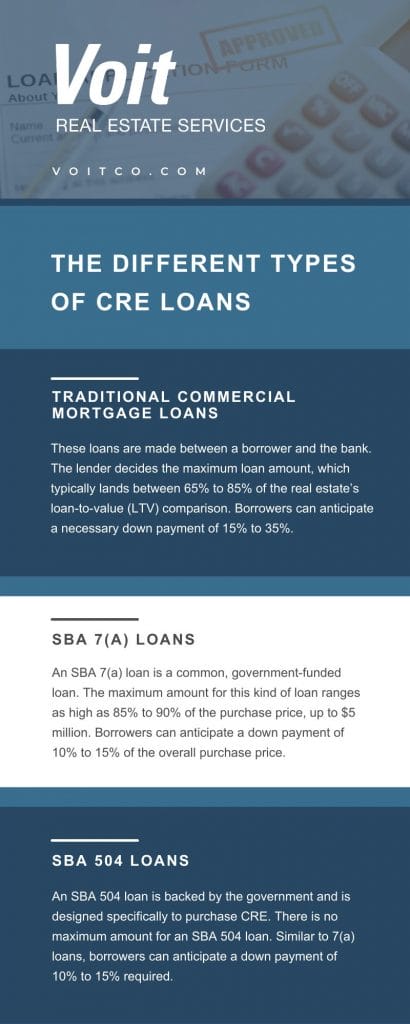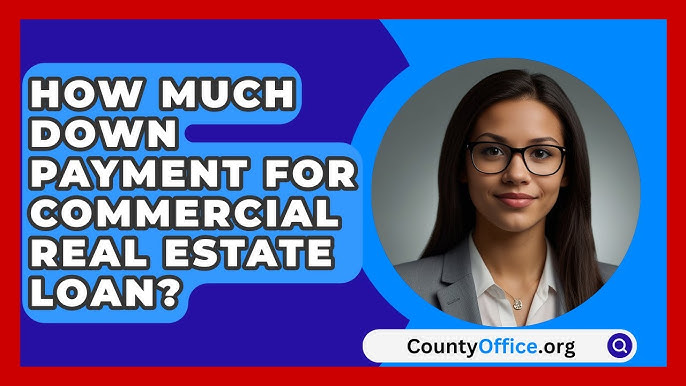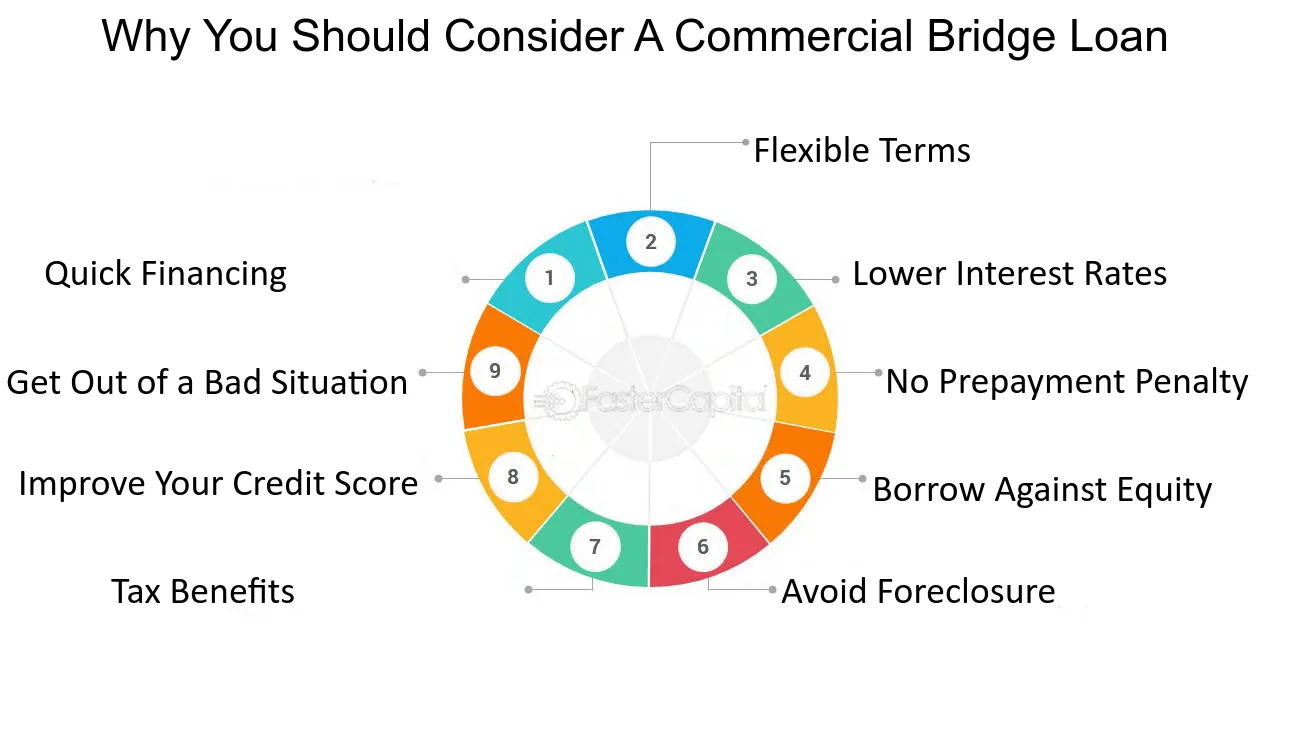Are you thinking about investing in commercial property? Wondering how much you need for a down payment?
You’re not alone. Many potential investors find themselves puzzled by this question. Understanding the down payment requirements can be a game-changer in your real estate journey. It can mean the difference between seizing a great opportunity and letting it slip away.
You’ll discover the ins and outs of down payments for commercial properties. You’ll learn what factors influence these amounts and how to prepare financially. By the end, you’ll feel more confident about taking your next steps in the world of commercial real estate. Ready to unlock the secrets of successful property investment? Keep reading!
Commercial Property Down Payment Basics
Buying a commercial property often needs a big down payment. This payment is usually between 20% and 40% of the total price. The exact amount depends on many factors. Lenders check your credit score and business plan. Some properties might need more money down. Others might need less. It’s important to save enough before buying. Good preparation can help you get a better deal.
Different lenders have different rules. Some lenders may ask for a higher down payment if they see risks. Risks can be about the property or your business. You might get better terms if your business is strong. A strong business means steady income and good management. Make sure to understand all lender requirements. Ask questions if anything is unclear.

Factors Influencing Down Payment
Commercial properties vary in type and value. Each type affects the down payment. Office buildings might need more down payment than retail shops. Industrial properties could need different amounts.
Loan types play a big role. Some loans need higher down payments. Others might require less. Traditional loans often need more money upfront. SBA loans might be easier with lower payments. It’s good to check what loan suits you best.
Financial health matters a lot. Banks look at credit scores. Income and debt levels are checked. A strong profile can lower down payment needs. Poor profiles might need more money upfront. Keeping finances healthy helps in the long run.
Typical Down Payment Percentages
SBA loans help small businesses buy property. For these loans, the down payment is often around 10%. This helps small business owners get a start. It’s a lower amount than some other loans. This makes SBA loans a popular choice.
Banks require a larger down payment. Typically, this is around 20% to 30%. Larger amounts mean more savings are needed. It’s important to plan for this. Banks offer these loans to those with strong credit.
Private lenders have flexible terms. Their down payment can be 15% to 35%. This varies greatly by lender. Private lenders may help when banks cannot. It’s crucial to compare options. Each lender has different terms.
Benefits Of A Larger Down Payment
Lower Monthly Payments make life easier. Pay more upfront, and monthly bills shrink. This means more money in your pocket each month. You can spend on other important things.
Better Loan Terms are possible with a bigger down payment. Banks see you as a safe bet. They might offer lower interest rates. This can save you money over time.
Increased Equity is a big win. Pay more at first and own more of the property. This means you’re building wealth. You have more ownership from day one.
Challenges Of A Larger Down Payment
Putting down a large sum of money for a property can be tough. It might leave you with less cash for other needs. This can be a problem if you face unexpected expenses. Having cash in the bank is important. It helps in emergencies and for daily needs. Tying up too much money in a down payment can make managing finances hard.
A big down payment might mean missing out on other chances. You could use that money for investments or starting a new project. These could bring profits in the future. With less money on hand, you might have to let go of these opportunities. Balancing between a down payment and other financial goals is crucial.

Strategies To Save For Down Payment
Set a clear goal for your down payment. Know the exact amount needed. Track every expense weekly. Cut unnecessary spending. Save on things you can live without. Make a shopping list before buying. Stick to it. Avoid impulse purchases. Use cash instead of credit cards. This helps you spend less. Find ways to earn extra money. Sell unused items at home. Every little bit adds up.
Consider safe investments. Look for options like bonds or CDs. They offer low risk. They grow your money over time. Stocks are risky. They can be rewarding too. Mutual funds diversify risk. They are a good choice for beginners. Always research before investing. Understand the risks involved. Consult experts if unsure.
Use existing business assets wisely. Assets can help secure loans. They might also boost your savings. Sell unused equipment. Rent out extra space. Liquidate slow-moving inventory. Use the funds for your down payment. Always evaluate asset value. Be sure it’s worth selling or renting.
Alternatives To Large Down Payments
Exploring alternatives to large down payments can ease the financial strain of buying commercial property. Financing options like lease-to-own agreements or small business loans can significantly reduce upfront costs. These strategies make commercial real estate more accessible for investors with limited capital.
Partner Financing
Partner financing involves teaming up with investors. These investors share the down payment cost. This method reduces financial burden. It can also spread risks. Partners might offer industry expertise. They may have valuable connections. This can be a win-win deal. It’s essential to have clear agreements. Trust is key in partnerships.
Seller Financing
Seller financing allows buyers to pay directly to the seller. No bank is involved in this process. Sellers might offer flexible payment terms. This can make buying easier. It’s important to negotiate terms. Both parties should benefit. Seller financing can boost purchase chances.
Lease To Own Options
Lease to own options let buyers rent first. After a period, they can buy. It gives time to gather funds. This option is great for those with limited initial capital. Rent payments might go towards the purchase price. It’s crucial to read agreements. This ensures clear terms.
Expert Tips For Down Payment Planning
Financial advisors can offer valuable guidance. They help you plan your finances. They look at your income and debts. With their help, you can make smart choices. This makes your down payment easier. Always ask them about possible risks. They can help you see the full picture.
Market trends change often. They can affect property prices. Knowing these trends is important. It helps you decide the best time to buy. Prices can go up or down. Watching the market can save you money. Read news and reports. They keep you informed.
Understanding your finances is key. Check your savings and expenses. Make sure you have enough for a down payment. Consider your monthly income. Can you handle property costs? Being financially ready makes buying less stressful. Plan your budget well.

Frequently Asked Questions
What Is The Average Down Payment For Commercial Property?
The average down payment for a commercial property typically ranges from 20% to 30%. This percentage can vary based on the property’s location, type, and the lender’s requirements. It’s crucial to consult with financial advisors to understand specific needs and optimize the investment strategy.
Can I Buy Commercial Property With Low Down Payment?
Yes, it’s possible to buy commercial property with a low down payment. Some lenders offer financing options requiring as little as 10% down. However, this often depends on your creditworthiness and the property’s value. Always compare different lenders to find the best deal for your investment.
How Does Down Payment Affect Commercial Loan Terms?
The down payment significantly affects commercial loan terms. A higher down payment often results in lower interest rates and better terms. It reduces the lender’s risk, potentially leading to more favorable financing options. Conversely, a lower down payment may result in higher interest rates.
Are There Programs For First-time Commercial Buyers?
Yes, several programs assist first-time commercial property buyers. SBA 504 and 7(a) loans offer favorable terms for eligible buyers. These programs often require lower down payments and offer competitive interest rates. It’s advisable to research and consult professionals to determine eligibility and find the best options.
Conclusion
Choosing the right down payment is crucial for commercial property investment. It impacts your finances and future profits. Understand your financial situation and set realistic goals. Research different lenders and their requirements. Remember, a larger down payment can lower monthly payments.
But it also ties up more capital. Plan wisely and consult a financial advisor. This ensures a smart decision that aligns with your long-term objectives. Proper preparation leads to better investment outcomes. Make informed choices for a successful property purchase.
Stay informed and confident in your financial decisions.


